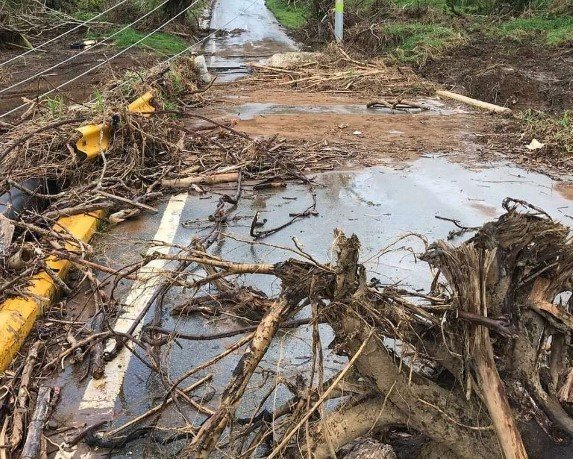A pair of tax relief bills designed to help Georgia’s timberland owners and farmers recover from the devastating impact of Hurricane Helene sailed through both chambers on Tuesday. Lawmakers are working to craft a financial safety net for communities still reeling from the storm’s destruction.
$200 Million in Tax Credits for Timberland Owners
The House-backed proposal earmarks $200 million for timberland owners to recoup their losses—but there’s a catch. To qualify for the tax credit, landowners must commit to replanting their lost timber, echoing a similar initiative rolled out after Hurricane Michael in 2018.
The bill also includes broader tax relief measures:
- It waives state income tax on federal disaster payments and crop insurance payouts linked to Hurricane Helene.
- It suspends sales tax on materials needed to rebuild farm structures like barns and greenhouses.
Rep. James Burchett, a Republican from Waycross, framed the legislation as the first step in a series of efforts to provide meaningful relief.

Storm’s Toll on Georgia’s Agriculture
Hurricane Helene inflicted an estimated $5.5 billion in damage to Georgia’s agricultural sector, making it one of the most expensive natural disasters in the state’s history. With federal aid already approved through a congressional relief package, state lawmakers are now stepping in to address financial gaps at the local level.
Timberland owners, in particular, have suffered massive losses. In some areas, wood that once fetched $25 per ton is now selling for as little as 50 cents. That staggering price drop underscores the economic hardship faced by both private landowners and the broader forestry industry.
Senate Plan to Support Rural Communities
The Senate passed its own version of the bill, which focuses on alleviating tax burdens for timber harvested between late last year and the end of 2025. The measure applies to dozens of counties, many of them in rural Georgia, where local economies rely heavily on timber revenue.
Sen. Russ Goodman, a Republican from Cogdell, championed the proposal, emphasizing its importance to families whose financial security was tied up in their timber investments.
“This bill isn’t just about salvaging timber,” Goodman said. “It’s about protecting people’s retirements, their kids’ college funds, and ensuring that rural counties don’t suffer an even bigger financial blow.”
The legislation also establishes a grant program for local governments to offset the revenue losses caused by the storm-damaged timber industry.
Federal Disaster Aid Controversy
While both bills garnered bipartisan support, Democrats pressed Republican lawmakers on the Trump administration’s decision to reject Gov. Brian Kemp’s request for an extension on federal disaster aid applications.
Sen. Nikki Merritt, a Democrat from Grayson, criticized the administration’s stance, calling it a slap in the face to struggling communities.
“Tell that to the families who lost their homes. Tell it to local officials scrambling to cover costs,” Merritt said. “This is exactly when the federal government should step up, not step back.”
The denial has sparked concerns that some communities may be left behind in the recovery process. With state lawmakers pushing forward their own relief measures, attention now turns to whether additional federal support can still be secured.
